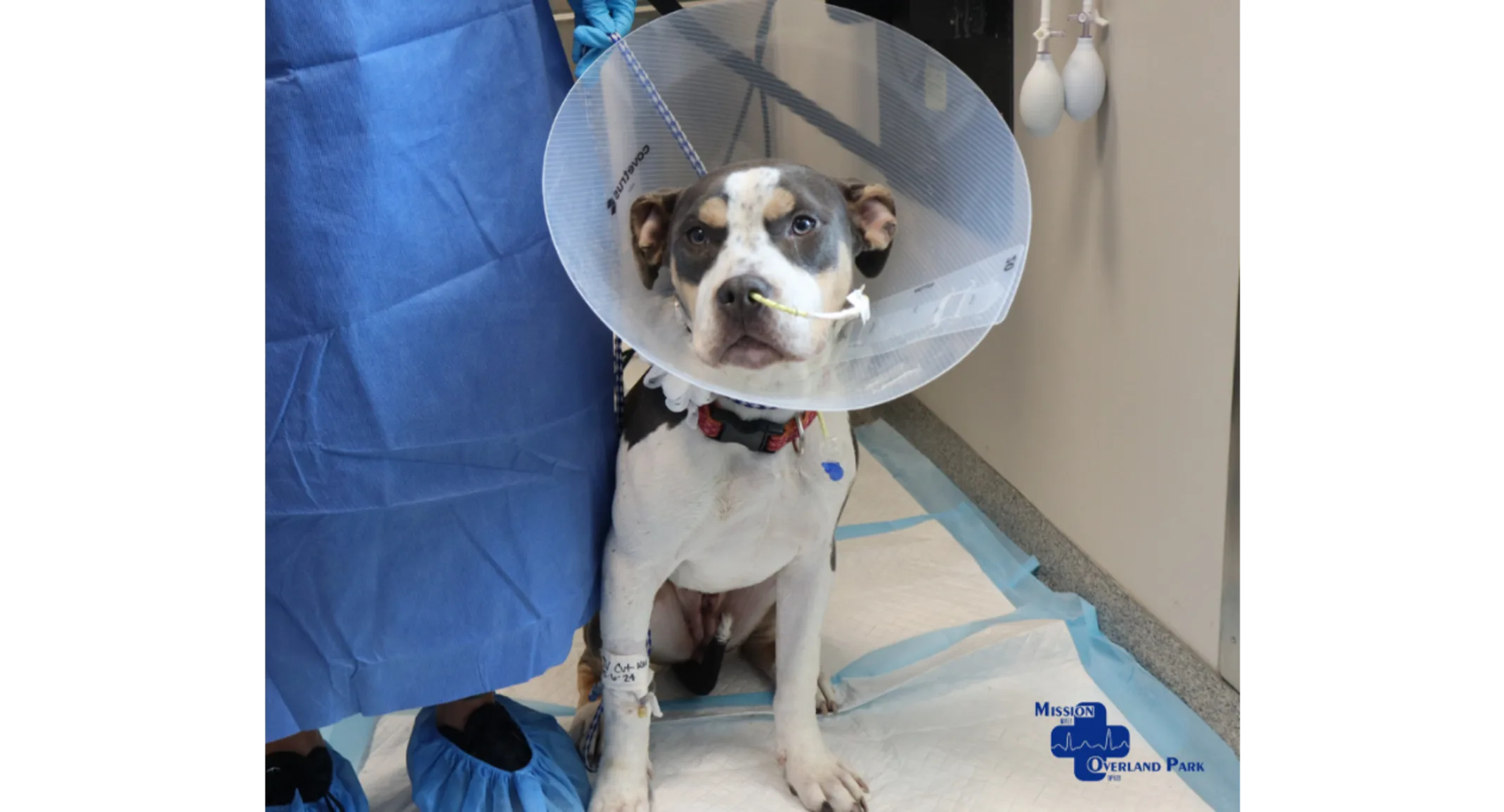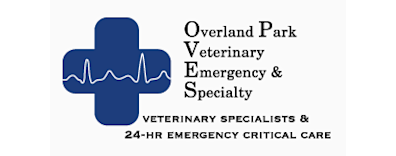Pet Owners Guide: Canine Parvovirus
September 30, 2024 · For Pet Owners

What is Parvovirus?
Parvovirus (CPV-2) is a highly contagious viral disease that affects dogs, particularly attacking the white blood cells and gastrointestinal tract. Puppies are especially vulnerable; in severe cases, the virus can damage the heart muscle. While all dogs can contract canine parvovirus, certain groups are at higher risk. These include puppies aged 6 to 20 weeks, unvaccinated or incompletely vaccinated dogs, and specific breeds, such as Rottweilers, Dobermans, Bull Terriers, and German Shepherds.
Watch for Symptoms:
Lethargy
Vomiting
Bloody Diarrhea
Fever
Abdominal Pain + Bloating
Loss of Appetite
Low Body Temperature
Persistent vomiting and diarrhea can quickly cause dehydration and damage internal organs. Dehydration can lead to death as soon as 48 to 72 hours after signs first appear. If your dog experiences any of these symptoms, seek medical attention immediately.
Vaccinating Puppies
Puppies need four rounds of Parvo vaccination (Weeks 8, 12, 16, 20).
Full protection occurs four weeks after the final dose, so socialization during this period should be limited.
When adopting a new pup, it is essential to know that parvo vaccinations administered before eight weeks of life are considered void, as the antibodies from the puppy’s mother cancel out the Parvo vaccination. In this case, the four initial vaccination rounds are necessary if the first dose was administered before eight weeks of life. Receiving more than four initial vaccinations does not harm or negatively affect puppies.
Parvovirus Vaccination Best Practices
Puppies are fully vaccinated and protected 4 weeks after their last dose.
Avoid parks and contact with unknown pets until fully vaccinated.
Booster vaccines are required every 1 or 3 years, depending on your veterinarian’s guidance.
Controlled Socialization Guidelines:
A common misconception about parvovirus vaccinations is that puppies are fully protected immediately following their final round of initial vaccinations. However, it is crucial to control socialization until puppies are fully protected four weeks following their last round of vaccinations.
Avoid dog parks or areas with unknown vaccination history.
Socialize only with fully vaccinated pets.
Limit exposure in public areas, like apartment complexes.
Socialize at home with fully vaccinated pets with no known parvovirus exposure.
Minimize exposure at apartment complexes by taking the puppy to potty in the same section of the premises each time.
NO puppy or training classes until fully protected. - Most places only require a single vaccination dosage, which can increase your puppy’s risk of contracting parvo.
If your pet is experiencing any of these symptoms, we recommend you seek veterinary medical attention immediately. Overland Park Veterinary Emergency and Specialty and our sister hospital, Mission Veterinary Emergency and Specialty, are open 24/7/365, and our experts are here to help!
Overland Park Veterinary Emergency & Specialty
8301 W. 163rd Street, Overland Park, KS
913-361-3800
Mission Veterinary Emergency & Specialty
5914 Johnson Drive, Mission, KS
913-722-5566
